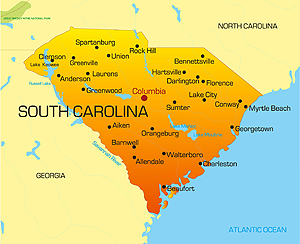A portal website bringing together vital information about natural gas and natural gas vehicles.

| Legislative Session Dates: | January 14 - June 5 |
| Legislature Website: | http://www.scstatehouse.gov/ |
This state was last examined and updated in August, 2016.
